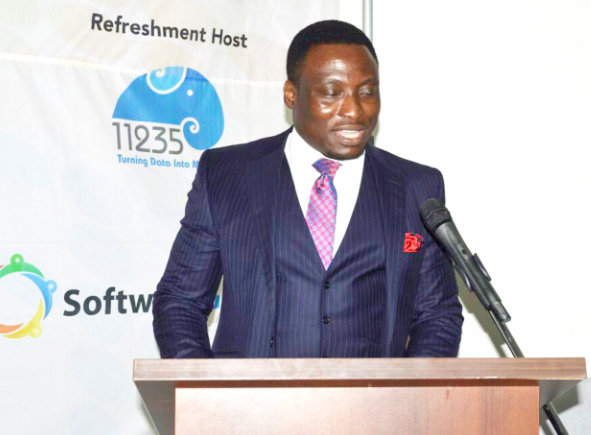The Chief Executive Officer of GAM-ANK Group, Dr Samuel Ankrah, has called for deliberate economic policies from the government to help alleviate the plight of vulnerable groups in the country.
“Our policy-makers have to begin recognising that statutes on the books that ignore the reality of low-income families are of toxic value to the economy,” he said.
Dr Ankrah, who is also an astute investment banker, made the call in an interview with the Daily Graphic when asked about how the vulnerable in society could have access to low-cost funds to start their businesses.
“We need to help them by taking action to address corruption, reduce red tape, among others which are among the things that inhibit the creation of an enabling environment for financial access,” he said.
Corruption
On corruption, Dr Ankrah stressed the need for the canker to be tackled with what he termed as an ‘iron-fist’.
According to him, the manner in which corruption is being fought is not the best because instead of reducing it, it is rather on the increase.
His call comes at a time when individuals and organisations found culpable of serious corrupt practices are made to refund the stolen money instead of being prosecuted.
Year on year, the damning reports from the Auditor General’s office that implicates civil and public servants, as well as government officials, are seldom taken serious and the perpetrators who milk the taxpayers are left free.
The Public Accounts Committee is another group that exposes corruption in various sectors of the economy but no action is taken to either collect the stolen funds or cause the trial of culprits.
According to Dr Ankrah, the level of corruption in the country only impedes “upward mobility and exacerbates income inequality”.
Reduce red tape
Dr Ankrah also brought to the fore the issue about red tape in the country and said that was another way of creating avenues for corrupt practices in the country.
He said businesses were made to go through many processes to access information from public institutions, a practice which had been deliberately created to force people to pay bribes.
According to Dr Ankrah, for the government to pragmatically address the plight of the poor in the country, it must ensure that funds meant for projects were utilised for their intended purpose and not diverted into private pockets.

